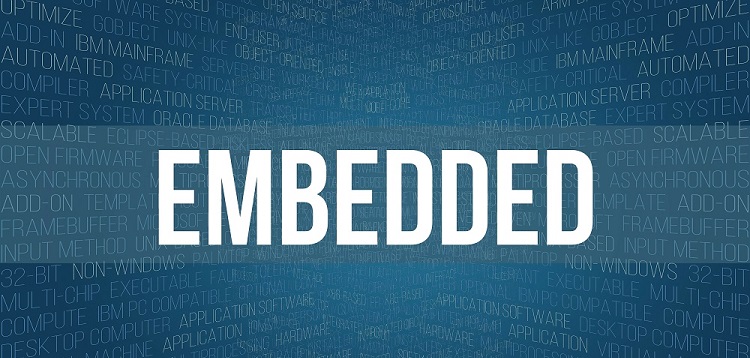The world of banking and finance has undergone a significant shift in recent years with the rise of fintech products and services. Now, the industry is taking things to the next level with the emergence of embedded fintech. Banks are increasingly evaluating this new approach to extend their brand and presence into new areas of customers’ lives. In this article, we will dive deep into the concept of embedded fintech, its advantages, and how it can revolutionize the future of banking.
Embedded Finance: What is it?
Embedded finance is the integration of financial services into non-financial websites, mobile applications, and business processes. It refers to the incorporation of these services into an already established ecosystem, allowing for greater convenience and simplicity. In other words, it is the ability to conduct financial transactions without having to leave the platform you are already using.
Embedded fintech refers to the integration of fintech products and services into the product sets, websites, mobile applications, and business processes of financial institutions. This integration enables banks to offer their customers a more comprehensive range of services without the need to develop everything in-house. By partnering with fintechs and offering their products through their platform, banks can create new revenue streams.
Collaborative banking and embedded fintech involve using application programming interfaces (APIs) to connect fintechs to banks through a third-party platform. This approach allows banks to provide their customers with new services seamlessly, while still adhering to strict data security guidelines.
Customer Expectations
Customers are looking for options to help manage identity, consent, data normalization, permissioning, and data anonymization. They expect their bank to deliver a seamless and secure experience, regardless of whether they are conducting traditional banking or fintech services via a bank’s platform. With embedded fintech, banks can deliver on these expectations by providing a more modern and simplified experience.
Benefits of Collaborative Banking
Collaborative banking presents unprecedented flexibility and choice that allows customers to easily try out new technology and innovations through their financial institution. Banks can leverage this flexibility by partnering with different fintech providers to ensure that they are providing the best and most innovative services to their customers.
Opportunities for Banks
Embedded fintech via collaborative banking represents a new opportunity for banks to deliver much-needed technology and innovation to their customers in a safe, efficient, and compliant way. By adopting this approach, banks can become the gateway to a secure marketplace of fintech apps, which will drive digital adoption, increase deposits and loans, and provide banks with new revenue streams and the ability to expand their wallet share.
Pursuing an embedded fintech strategy through a collaborative banking approach removes the time, money, and burden of ongoing contract and partner management, as well as the pressure to develop technology in-house. Banks that embrace this approach are primed to create new revenue streams, expand wallet share, and strengthen customer relationships.
In conclusion, embedded fintech via collaborative banking represents a significant opportunity for banks to transform the way they provide financial services to their customers. By embracing this innovative approach, banks can not only offer their customers a more comprehensive range of services but also build stronger relationships with them. The future of banking is embedded fintech, and those who embrace this approach will be the ones to lead the industry forward.

